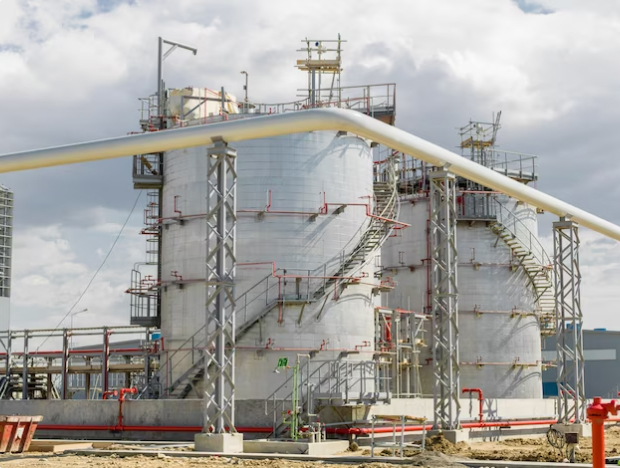
Products
Afribase Energy comprehensive product line will supports commercial, industrial and retail operations nationwide. The company’s marketing operations will supply fuels, petrochemicals and all refined petroleum products manufactured here in Nigeria and other oil producing countries.

Diesel
Diesel is a type of fuel commonly used in internal combustion engines, such as those in diesel-powered vehicles and industrial machinery. It is derived from crude oil through a refining process. Diesel engines operate by compressing air and then injecting diesel fuel, leading to combustion. Diesel offers higher energy density than gasoline, making it more fuel-efficient. It’s known for better torque and fuel economy, particularly in heavy-duty applications like trucks and buses.

Fuel Oil
Fuel oil is a liquid petroleum product derived from crude oil. It’s commonly used as a fuel for various applications, such as heating and power generation. There are different types, including heavy fuel oil (HFO) and light fuel oil (LFO), each with specific properties and applications. Fuel oil is valued for its energy density and stability, making it suitable for long-term storage. It’s often used in industrial settings, ships, and power plants. The grade and quality of fuel oil can vary, impacting its combustion characteristics and environmental impact.

Gasoline
Gasoline, also known as petrol, is a refined petroleum product primarily used as fuel for internal combustion engines in vehicles. It consists of hydrocarbons derived from crude oil refining, with additives to enhance performance and stability. When ignited in an engine, gasoline undergoes combustion, releasing energy that powers the vehicle. The octane rating indicates the fuel’s resistance to premature ignition, affecting engine performance.

Gas Oil
Gas oil typically refers to a type of fuel derived from crude oil through a refining process. It’s commonly used for heating, industrial processes, and as diesel fuel for vehicles. The refining process removes impurities and separates the oil into different fractions, with gas oil having a higher boiling point than gasoline but lower than heavier oils. It contains hydrocarbons and is crucial for various energy applications due to its combustible properties.

Base Oil
Base oil is a lubricating oil component used in the formulation of various lubricants, such as motor oils and industrial lubricants. It is derived from crude oil through a refining process. The properties of base oil, including viscosity, oxidation stability, and thermal stability, influence the overall performance of the lubricant. Different types of base oils, such as Group I, II, III, IV, and V, exist based on their refining methods and quality. The choice of base oil impacts the lubricant’s ability to reduce friction and provide wear protection.

Naphtha
Naphtha is a term used to describe a range of volatile, flammable liquid hydrocarbons. It is commonly obtained from crude oil through the refining process and consists of various compounds such as alkanes, cycloalkanes, and aromatic hydrocarbons. Naphtha has diverse industrial uses, including as a solvent in the chemical industry, a feedstock for petrochemical production, and a component in the production of gasoline. Additionally, it serves as a precursor for various chemicals and plays a crucial role in the refining and manufacturing sectors.
